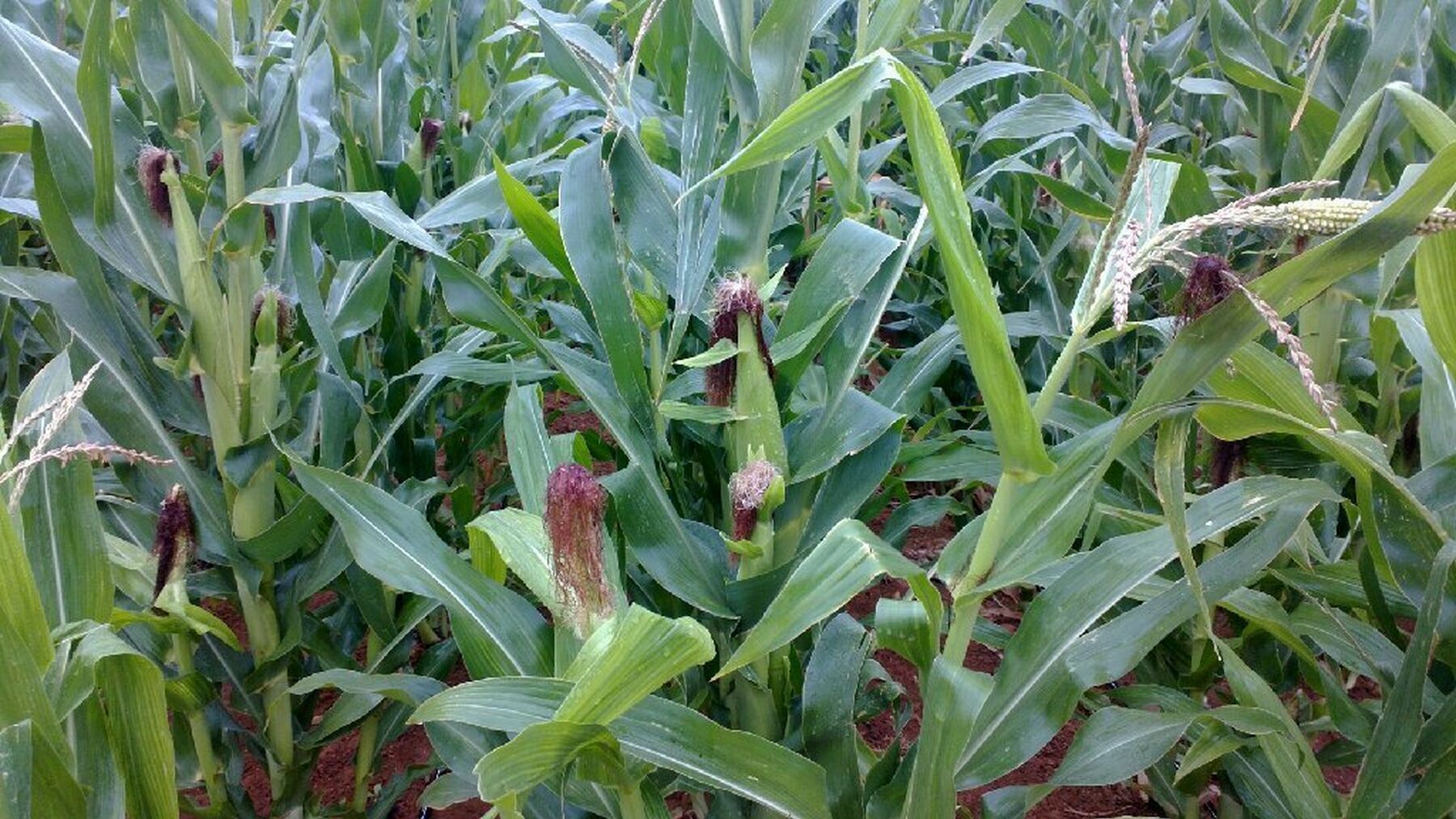Venda people have a saying: “If you don’t travel, you will marry your sister.” Well, I love my siblings but I am working hard to avoid this supposedly potential eventuality.
It was partly in this spirit of venturing forth to discover more about the world around us, figuratively and literally speaking, that I accepted an invitation to join the South African Agency for Science and Technology Advancement (SAASTA) to a little-known town called Lutzville, some 300km north of Cape Town, for a media workshop with the country’s leading thinkers in biotechnology.

It’s hot up there, and it rarely rains. In fact, according to Dr Kingston Mashingaidze, a leading researcher with the Agricultural Research Council (ARC), Lutzville does not experience much rainfall in summer. The rainy season in Lutzville is winter.
When I arrived in Lutzville, quite late at night I might add, little did I know that I was about to enter a place where some of the country’s cutting-edge research into biotechnology is in progress. Unfortunately because of the nature of news, we only hear horror stories around biotechnology – in particular genetically modified organisms (GMOs) – and we rarely give enough airtime to the good news that comes from this sector of the economy or discipline.
But biotechnology is apparently high on the government’s agenda, both as a field of study and an alternate route to boost the economy. In particular where there are opportunities to commercialise labour-absorbing initiatives (that is government-speak for employment creation), that there is an entire biotech strategy that has been crafted with the specific intention of growing the country’s intellectual pool in this area, as well as expanding the bio-economy.
We, as a country, are right at the forefront of experimenting with various maize hybrids, for example, to create and then produce on a mass scale what biotech scientists call “water-efficient maize”. Basically, this will be a type of maize that thrives in conditions where there is an abundant water supply, as well as in drought conditions.
South Africa is among the 28 countries in the world that produce food from genetically modified crops. There are four in Africa – the others are Egypt, Burkina Faso and Sudan.
While there is a great deal of confusion and fear around GMOs, it is often due to lack of information and understanding. A major part of GMO research is in creating crops that can deal with various environmental stresses, from being resistant to certain bugs to being able to survive in drought-stricken environments.
When the general public hears “GMO”, we immediately think the content of the food derived from these crops is the one aspect that the men and women in white coats are obsessing about late at night in their labs.
GMOs may very well be the future of food production. More than 80% of soybeans and maize produced around the world is genetically modified. And that’s not all: 80% of the cotton that makes up the stuff we wear is also GMO. While I hear and understand the debate on labelling, I don’t think we should throw the baby out with the bathwater.
It’s true, people need to know what they are buying so that they can make a conscious and informed choice. Quite frankly, horsemeat masquerading as beef is simply not kosher!
Our often uncelebrated biotech scientists are hard at work, in Lutzville among other places, to ensure food security and food safety as well. We do not just import or experiment with any GMO crop in South Africa. The reasons for this are not just pure and simple economics.
We should also consider that experimenting with crops such as maize, that are alien to South Africa, could affect the environment. Cross-breeding with indigenous species could have significant environmental impact, and the government has a number of programmes in place to keep this threat under control.
SAASTA, it seems, is pulling out all the stops to ensure that South Africans from all walks of life can learn more and appreciate science. I left Lutzville with a much better grasp on the concept of genetics, and a deeper-than-ever appreciation for travel.
